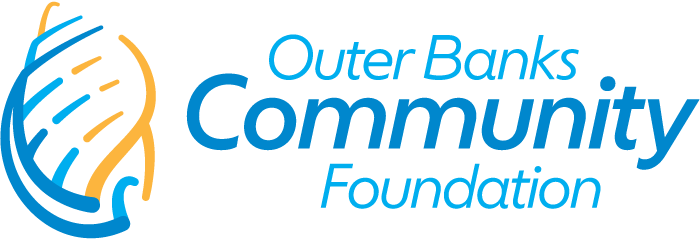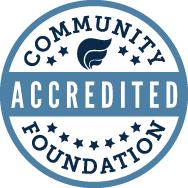The Outer Banks Community Foundation is prepared to accept and steward a wide variety of donated assets and giving tools, including those listed below. We are flexible and responsive to your individual needs, and we can help you find the giving technique that best fits your circumstances and goals.
We encourage you to explore your options with your attorney, accountant, or other professional advisor, and contact us to discuss further.
Gifts of Cash
Cash is the easiest and most common way to contribute, whether by check, credit card, or even actual cash. These outright gifts are eligible for charitable deduction in the year the gift is made. Simply mail or deliver your donation to our office, or contribute securely via credit card on our website.
Gifts of Securities
When you make a gift of appreciated securities to the Community Foundation, your donation qualifies for a tax deduction based on full market value, and you may avoid the capital gains tax that would otherwise occur. We are ready to accept your gift of publicly-traded stock at any time; please contact us for our broker’s name, broker’s account number, and DTC number, so we can accept the transfer of ownership. If you are interested in donating closely-held stock, please contact us to discuss your options; such donations may be subject to our gift acceptance policy (please contact us for a copy). (More information: Philanthropic Strategies with Concentrated Portfolios) (More information and planning tools on gifts of stock)
Donating Real Estate and Other Property
We gratefully accept most gifts of real estate and tangible property, subject to our gift acceptance policy (please contact us for a copy). The Community Foundation can handle all aspects of the sale of the property, and the proceeds will be deposited into the fund you specify. Such gifts qualify for a tax deduction based on the property’s full market value, and you may avoid the capital gains tax that would otherwise result from the property sale. You may also wish to contribute real estate to the Community Foundation while retaining the right to live there during your lifetime. If you are interested in donating property, please contact us to discuss your options. (More information on making gifts of real estate and other property)
Gifts by Bequest
Many donors choose to give to the Community Foundation through a bequest. Some donors designate a specific dollar amount, a specific asset, or a percentage of their estate. Others leave the residue of their estate. Gifts by bequest are deducted from the donor’s federal estate tax. (More information: sample language for your will, additional resources for gifts by bequest)
Gifts of Life Insurance
If you have a fully paid life insurance policy that you no longer need for your family’s protection, you might consider donating it to the Community Foundation. Such a gift would qualify as an income tax deduction. If the policy is not yet fully paid, you can continue to pay the premium and receive a tax deduction for the amount of the premium. You can also purchase a new life insurance policy and name the Community Foundation as the owner, or designate the Community Foundation as a percentage or contingent beneficiary.
Gifts from a Retirement Account
There are a few ways you can contribute to the Community Foundation from your retirement accounts. If you are at least 70½ years of age, you can now contribute directly from your IRA each year, tax-free, up to $100,000. Your contribution may count toward your required minimum distribution, and could even move you into a lower tax bracket. Talk to your tax advisor to see if this would benefit you.
You may also wish to include your retirement assets in your planned giving; after all, while very attractive from a tax standpoint during lifetime, retirement assets can be very heavily taxed at the end of life. To avoid these taxes, you can name the Community Foundation as a beneficiary (or even contingent beneficiary) of your IRA, 401k, 403b, or similar retirement account. There is no cost to do so, and the beneficiary can be changed at any time; simply complete a short beneficiary form with your retirement plan administrator. (More on gifts of retirement assets)
Charitable Remainder Trusts
A charitable remainder trust enables you to provide a life income for yourself, your spouse, and/or other beneficiary. Once the last beneficiary passes, the trust principal is contributed to the Community Foundation. You can choose to receive a fixed income, or one that changes with market conditions. You can start receiving payments immediately, or defer them to increase your charitable income tax deduction. Click here for general information about charitable remainder trusts, and click here for a more detailed discussion of possible tax advantages. (More information on charitable remainder unitrusts and charitable remainder annuity trusts)
Charitable Lead Trusts
This type of trust provides current support to the Community Foundation through annual payments from the trust’s income for a period of years. Upon termination of the trust, the principal goes to the beneficiaries you name (e.g., your children or grandchildren). A charitable lead trust entitles you to a number of financial benefits: it can shelter investment earnings from certain taxes, and it can offer gift, estate, and generation-skipping tax benefits. For example, charitable lead trust assets can be removed from your estate for estate tax purposes. (More information on charitable lead trusts)
Giving Through Your Private Foundation
You can establish or contribute to a Community Foundation endowment with funds from your private foundation. If you wish, your fund at the Community Foundation can bear the same name as your private foundation, focus on the same areas of charitable giving, and utilize the same advisors. If you want to maintain both your private foundation and a fund with the Community Foundation, you can establish your OBCF fund with a grant from your foundation; this can satisfy the 5% payout that is required of your private foundation, while keeping those assets invested as endowment. If, however, you wish to dissolve your private foundation and move assets to the Community Foundation, contact us to discuss. (More information: Comparing Private Foundations and Donor-Advised Funds)



Leave a Reply
Want to join the discussion?Feel free to contribute!